.png?width=300&name=Untitled%20design%20(16).png)
Elevandi 2023
Themes
Our 2023 Themes - Applications of AI, Fair Transition, Digital Assets, Financial Inclusion, and Risk & Resilience - underscore Elevandi's commitment to driving FinTech adoption and progress. Our global platforms serve as collaborative forums where senior policymakers and industry leaders convene to address and navigate challenges and opportunities across these themes.

Through in-depth dialogue and public-private collaboration, we aim to shape an inclusive, sustainable, and innovative future for financial services.
Applications of AI
Deep-dive into AI, the tangible use cases in the digital economy and the roadmap towards adoption
Topics
- How advancements in cloud computing and rich data sets have accelerated use cases of AI for the digital economy
- Proven successful AI applications for various financial services industry verticals
- How nascent generative AI can shape the digital economy
- Fair, transparent, ethical, inclusive usage of AI
- AI talent and upskilling
Fair Transition
The technologies, standards and data accelerating the fair transition towards a low carbon future
Topics
- The latest innovative technologies and solutions built by Climate Techs and ESG FinTechs
- The latest data standards, utilities, networks and public digital goods helping to keep the industry in check on the transition goal
- How the financial services industry is dealing with reporting requirements
Digital Assets
Real world use cases for digital assets, asset tokenisation and distributed ledger technology
Distinguished Speakers
-
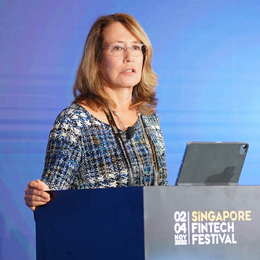
Sheila Bair
Former Chair, FDIC, Senior Fellow, Center for Financial Stability & Senior Advisor and Founding Chair, Systemic Risk Council
-

Pradyumna Agrawal
Managing Director, Investment (Blockchain), Temasek International Pte Ltd
-

Jonathan Larsen
Chief Innovation Officer of Ping An Group, Chairman & CEO of Ping An Global Voyager Fund,
-
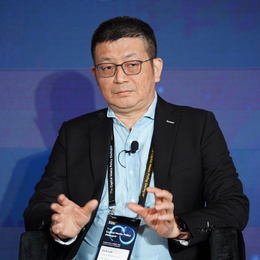
Jack Lee
Founding Managing Partner, HCM Capital
-
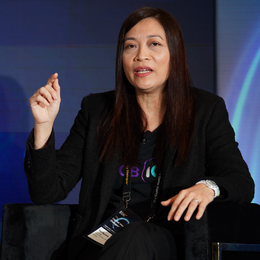
Tai Panich
CEO & CIO, SCB 10X
-

Sarah Hammer
Professor and Managing Director, The Wharton School and the University of Pennsylvania Law School
-
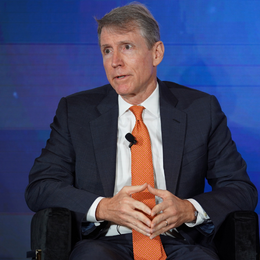
Timothy Adams
President & CEO, Institute of International Finance (IIF)
-

Soraya Hakuziyaremye
Deputy Governor, National Bank of Rwanda
-
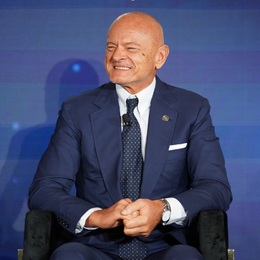
Mihály Patai
Deputy Governor, The Central Bank of Hungary
-

Chea Serey
Assistant Governor & Director General of Central Banking, National Bank of Cambodia
-
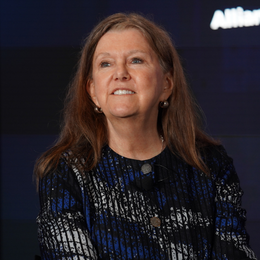
Jo Ann Barefoot
Co-founder & CEO, Alliance for Innovative Regulation
-
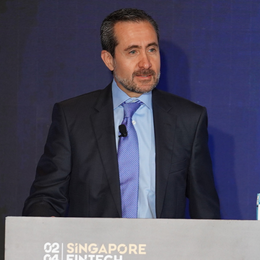
Jorge Familiar
Vice President and Treasurer, World Bank and Pension Finance Administrator, World Bank Group
-
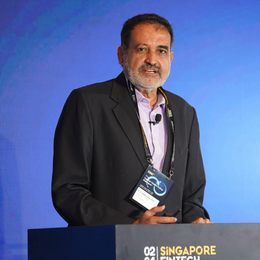
T.V. Mohandas Pai
Chairman, Aarin Capital & 3one4 Capital
2022 Distinguished Speakers













2022 Agenda
Investments in FinTech have raised U$1Tn since 2010 in over 35,000 deals. Investor capital hence has been a significant source of innovation, customer experience improvements, financial inclusion, cost reduction, and value creation. Plus, timely launches of regulatory sandboxes have played a consequential role in fuelling innovation.
Now, with boundaries between innovators, social networks, digital platforms, and finance blurring, these introduce vulnerabilities and financial stability challenges, leading to regulatory considerations and scrutiny.
Hence, an open and continuous dialogue between capital providers and policy makers is additionally needed to better align market outcomes with policy objectives.
How can that then be done better? How does an investor and business operator approach this? Importantly, what is the policymaker’s perspective?
In 2021, more than 20% of venture dollars went into FinTech start-ups globally. This year, market conditions are dramatically different in every sector, including FinTech – public and private valuations are down. In addition, there is regulatory scrutiny on fast growing FinTech sectors – whether in Web 3 or BNPL – which has impacted investment outcomes. Consequently, capital providers are deliberating each investment with more caution.
Are there lessons, good and otherwise, that investors in both private and public markets have now learned?
If harnessed better, can these lessons help minimise policy risk to capital, while continuing to fuel innovation, and ultimately driving more sustainable value creation?
FinTech innovation and adoption is moving at a dizzying pace.
Consequently, regulatory considerations range from minimising risky retail behaviour to financial market stability, to market abuse and money laundering.
How can market outcomes be better aligned with policy objectives?
How can policymakers better participate in driving innovation such that investors are able to deploy risk capital in a relatively more informed manner?
What role can a more active dialogue between investors and policymakers play?
And if so, how could it be modelled?
Exceptional Insights
Exceptional Insights
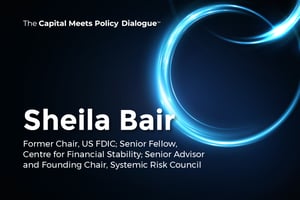

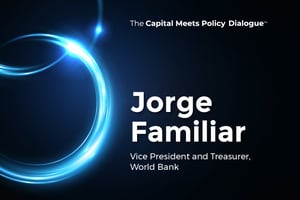
Balancing innovation and regulation
Read MoreTopics
- Global regulatory arbitrage
- Tokenisation of digital and physical assets - improving the way value is stored and exchanged globally
- Distributed ledger technology - enabling the adoption of digital assets in the financial services industry
- RegTech - helping TradFi safely implement digital asset programmes
- Programmable money and smart contracts - the building blocks for the future of money



